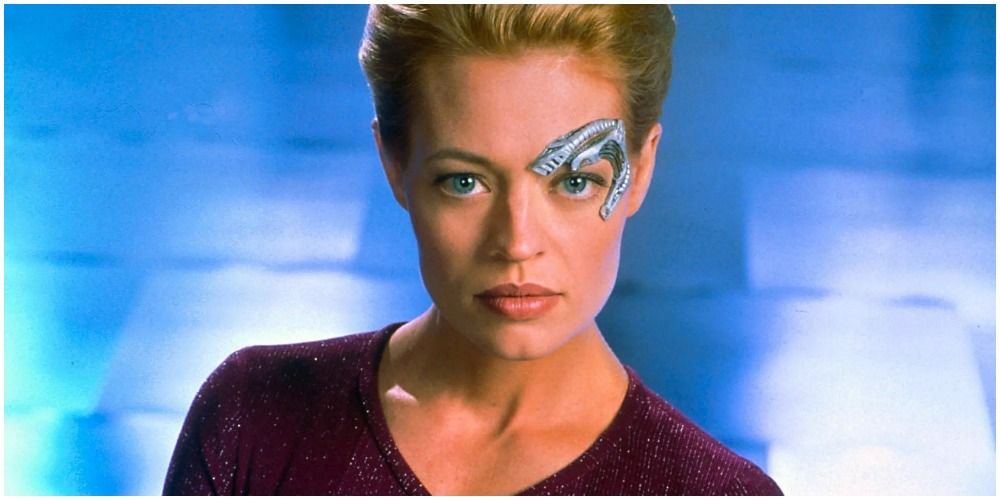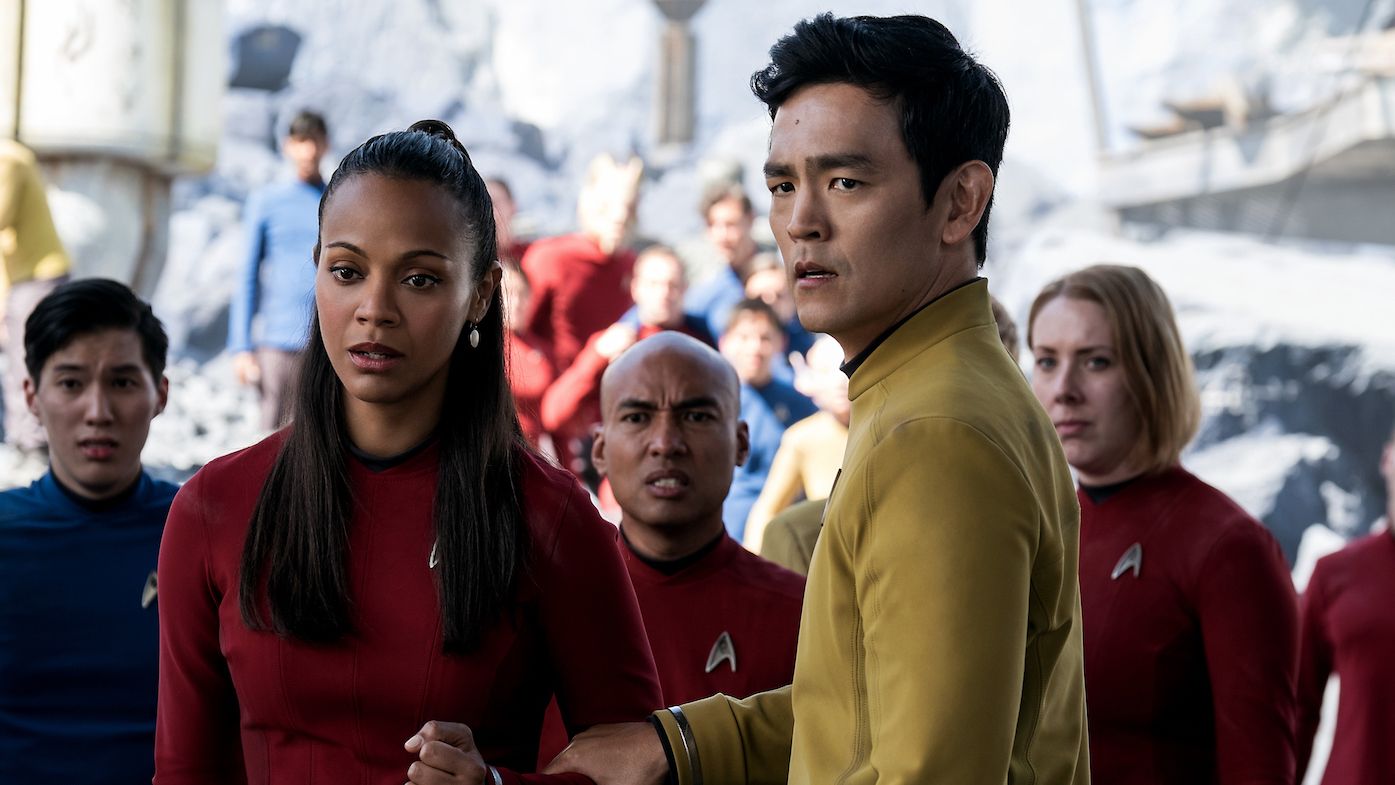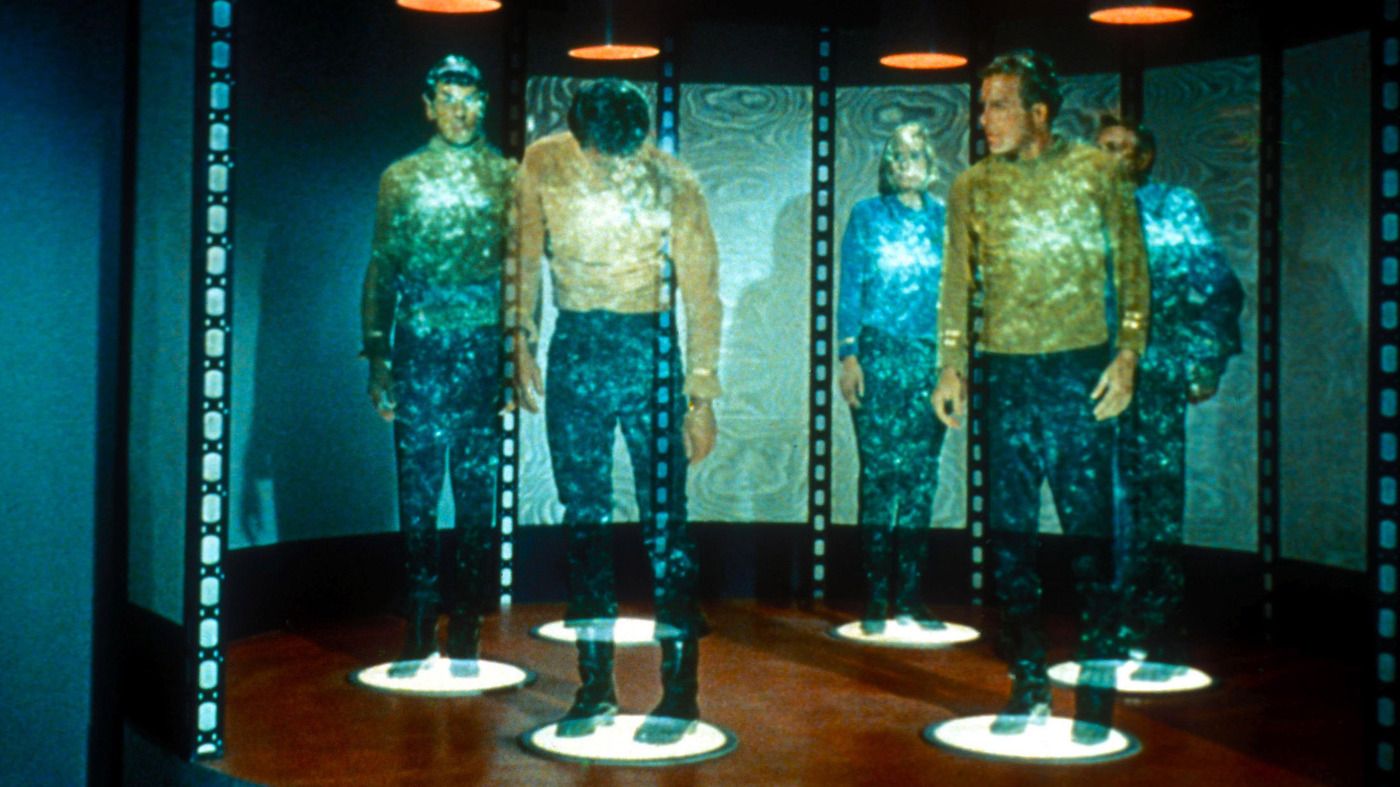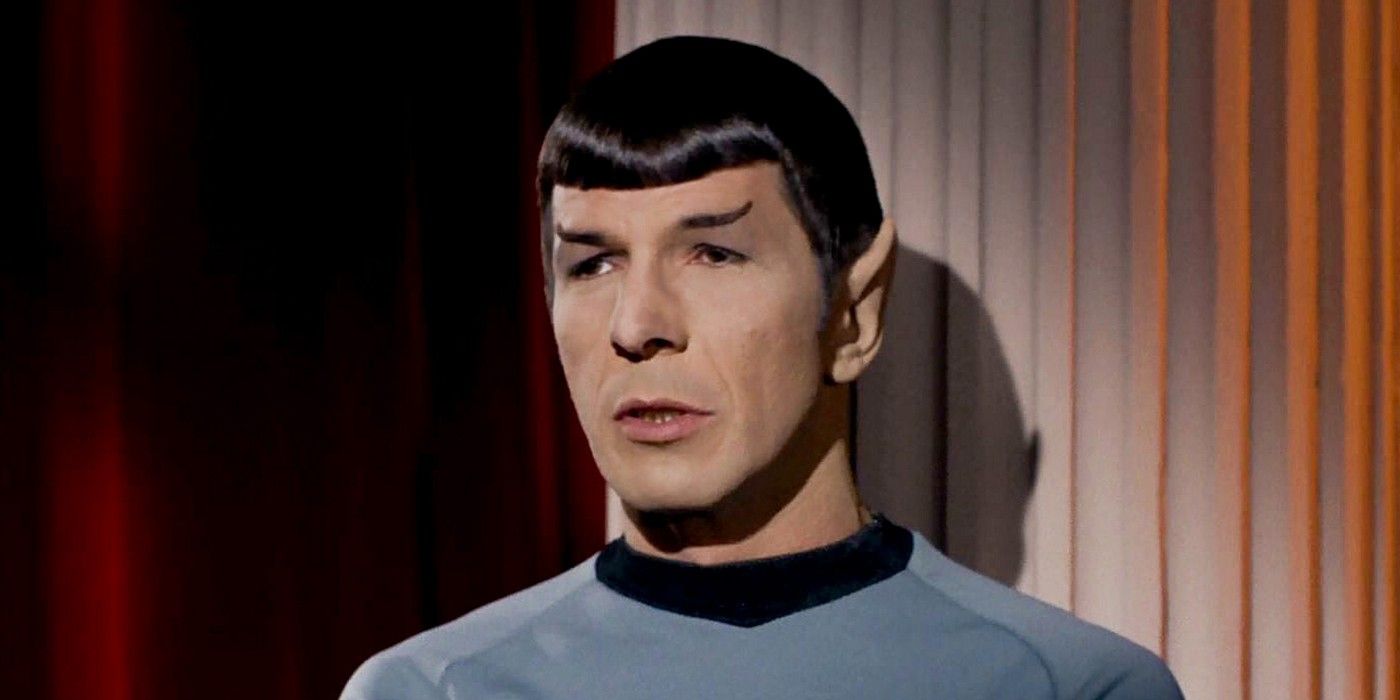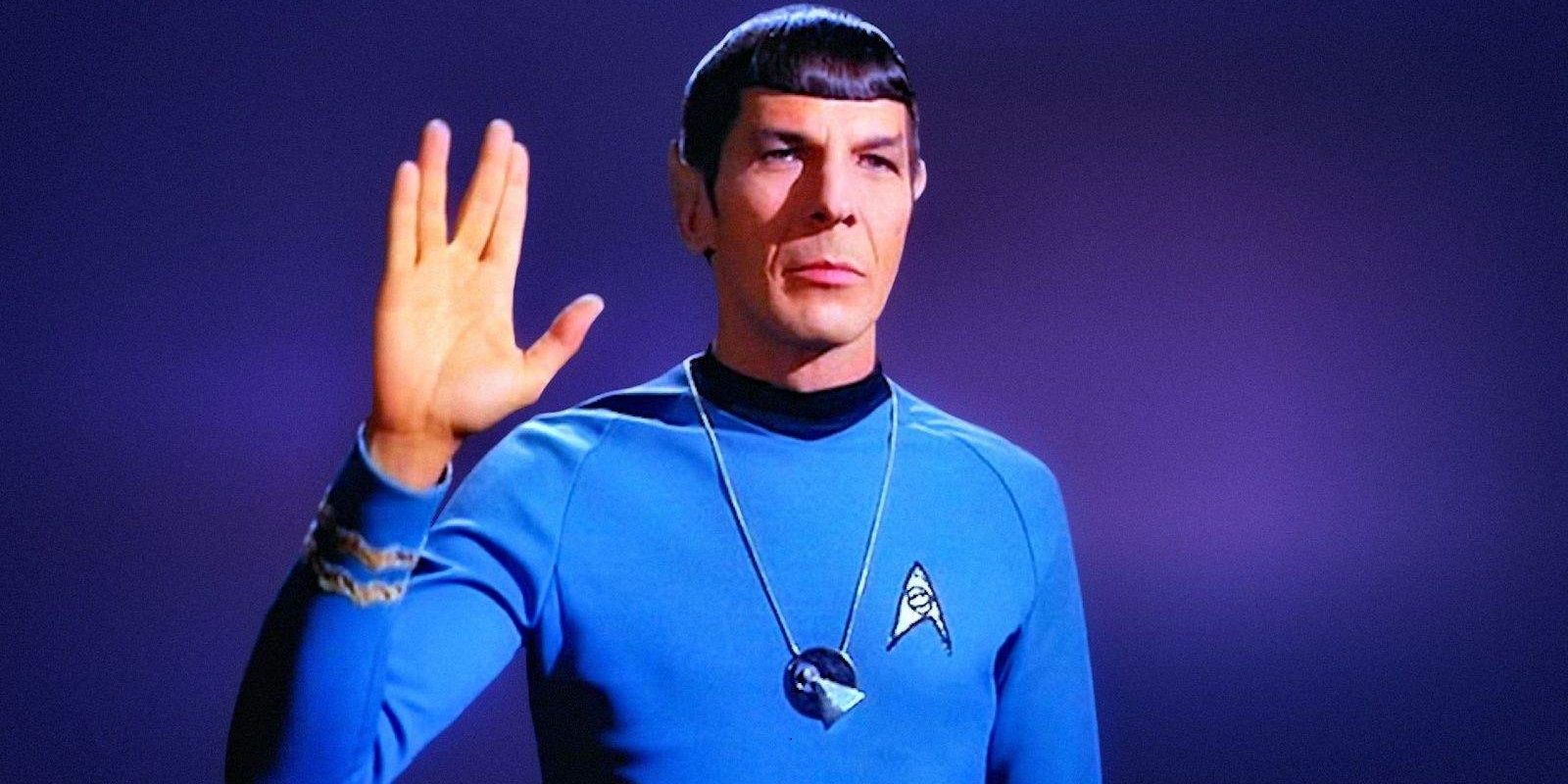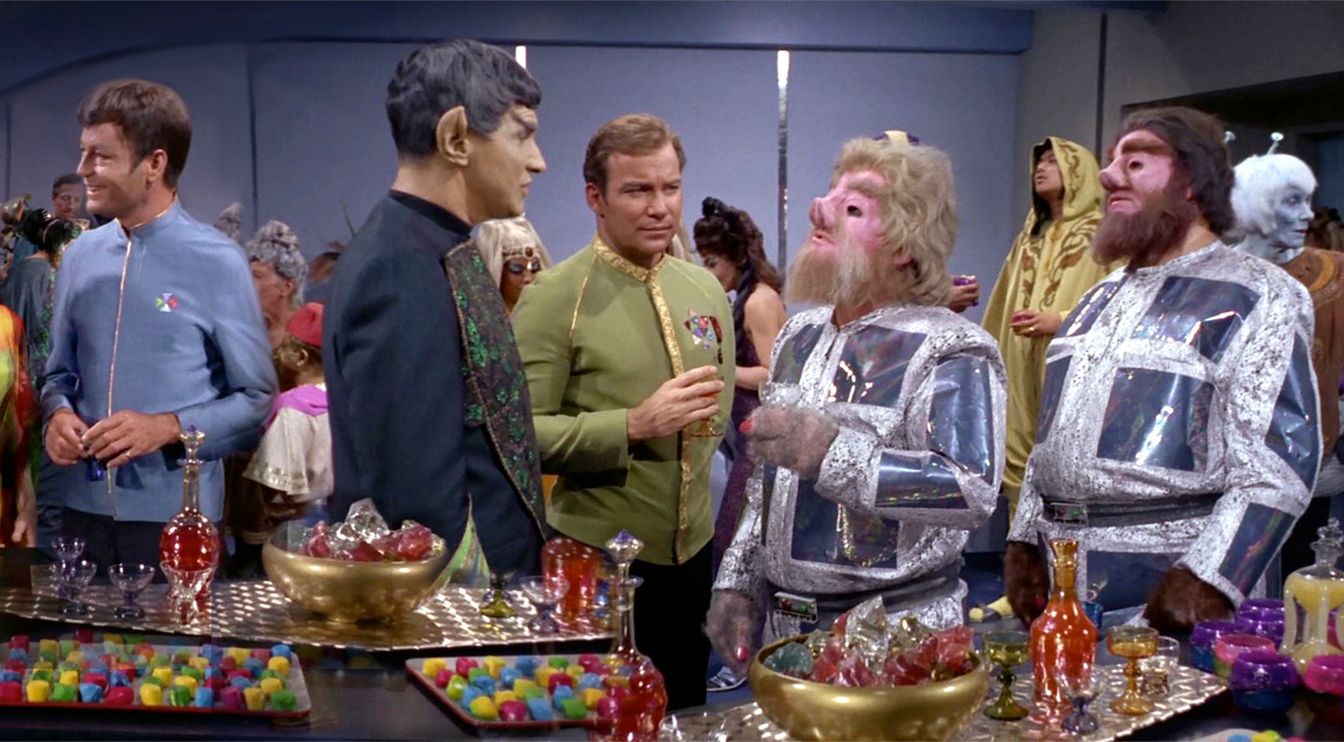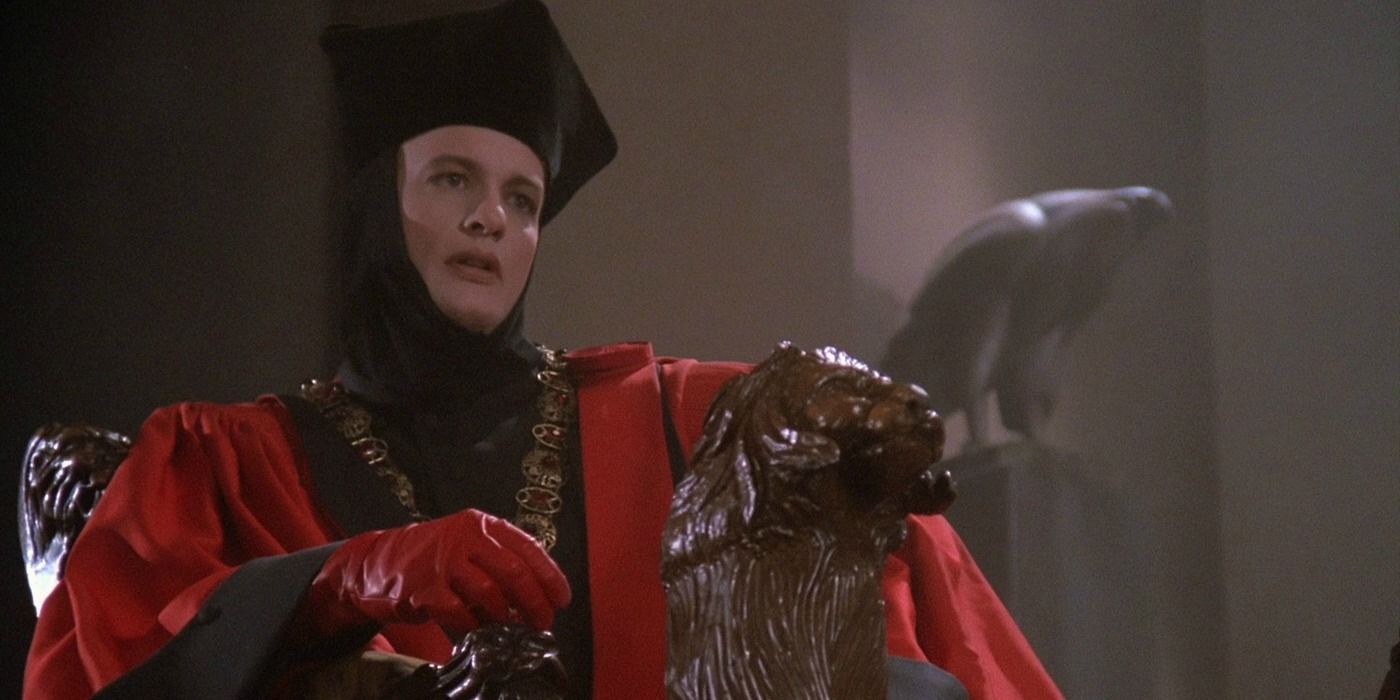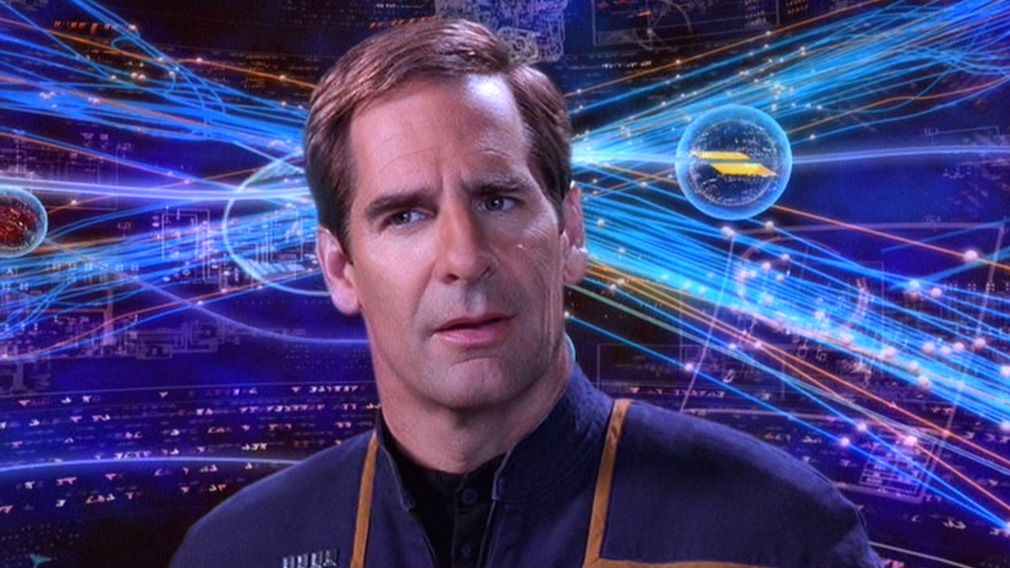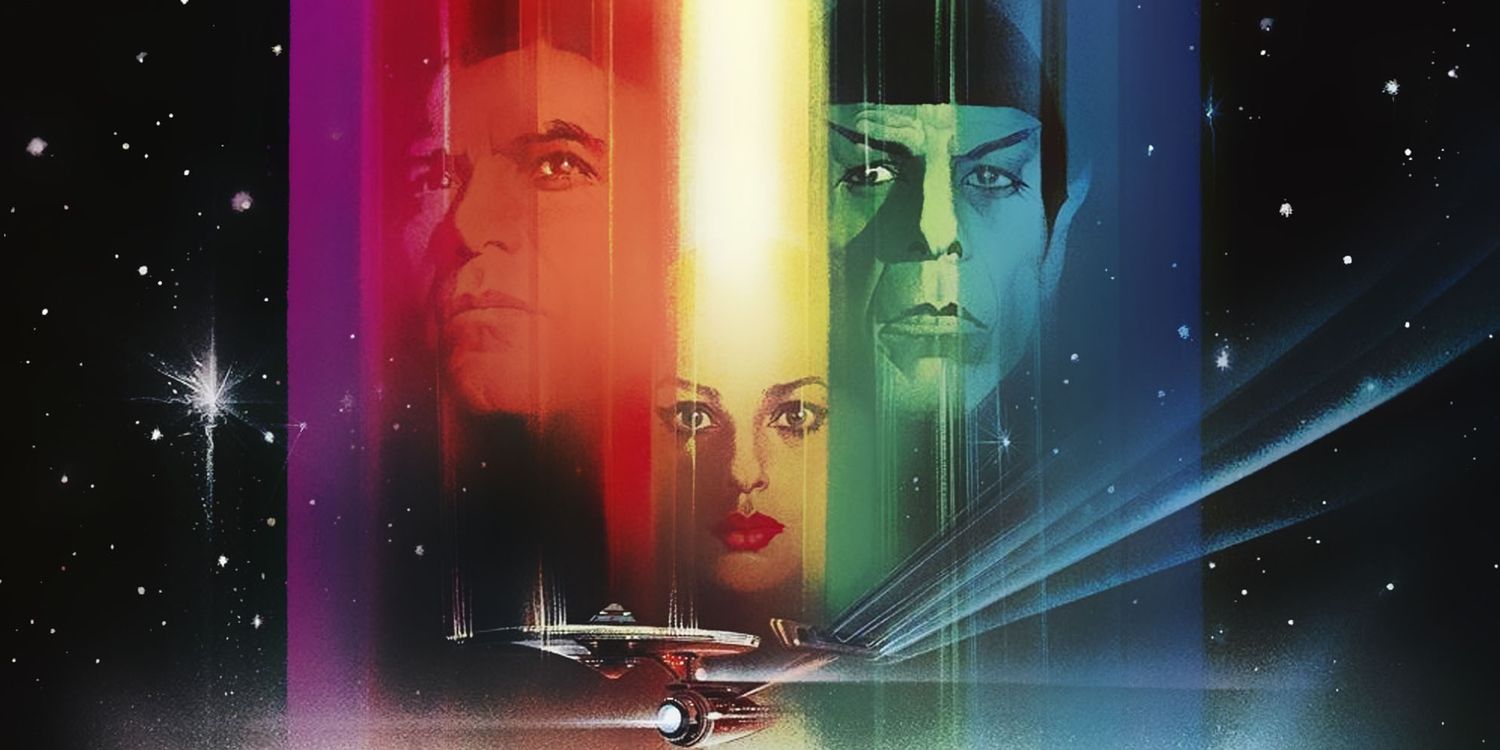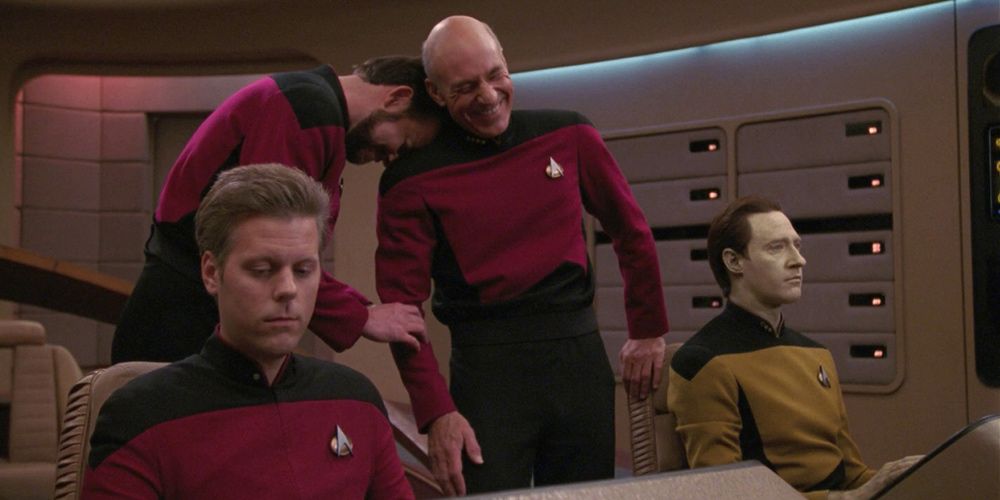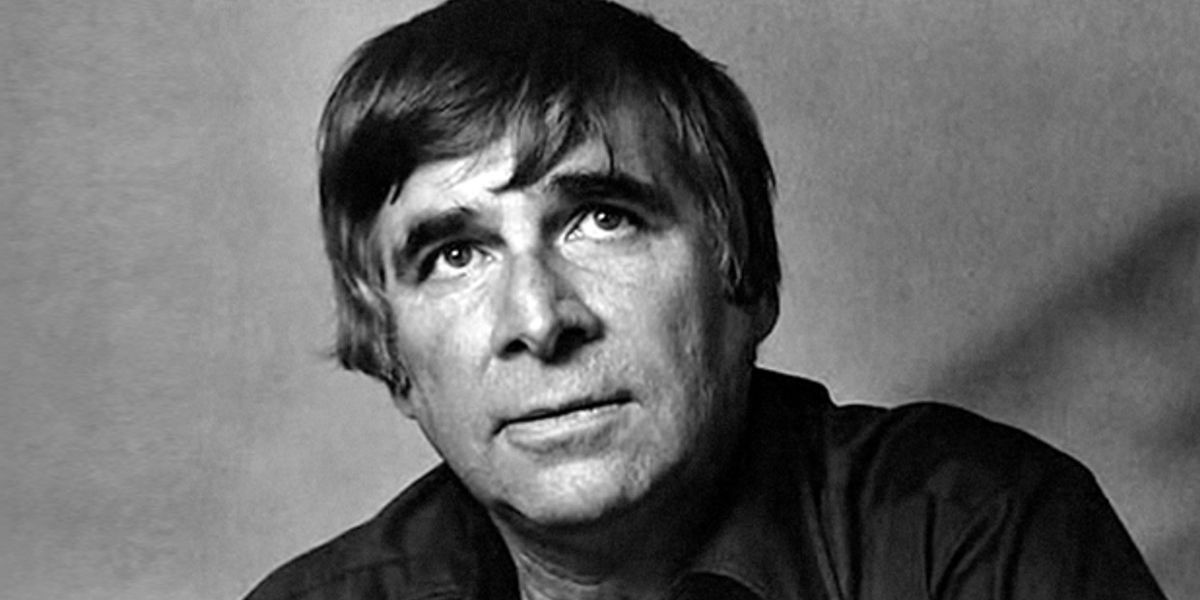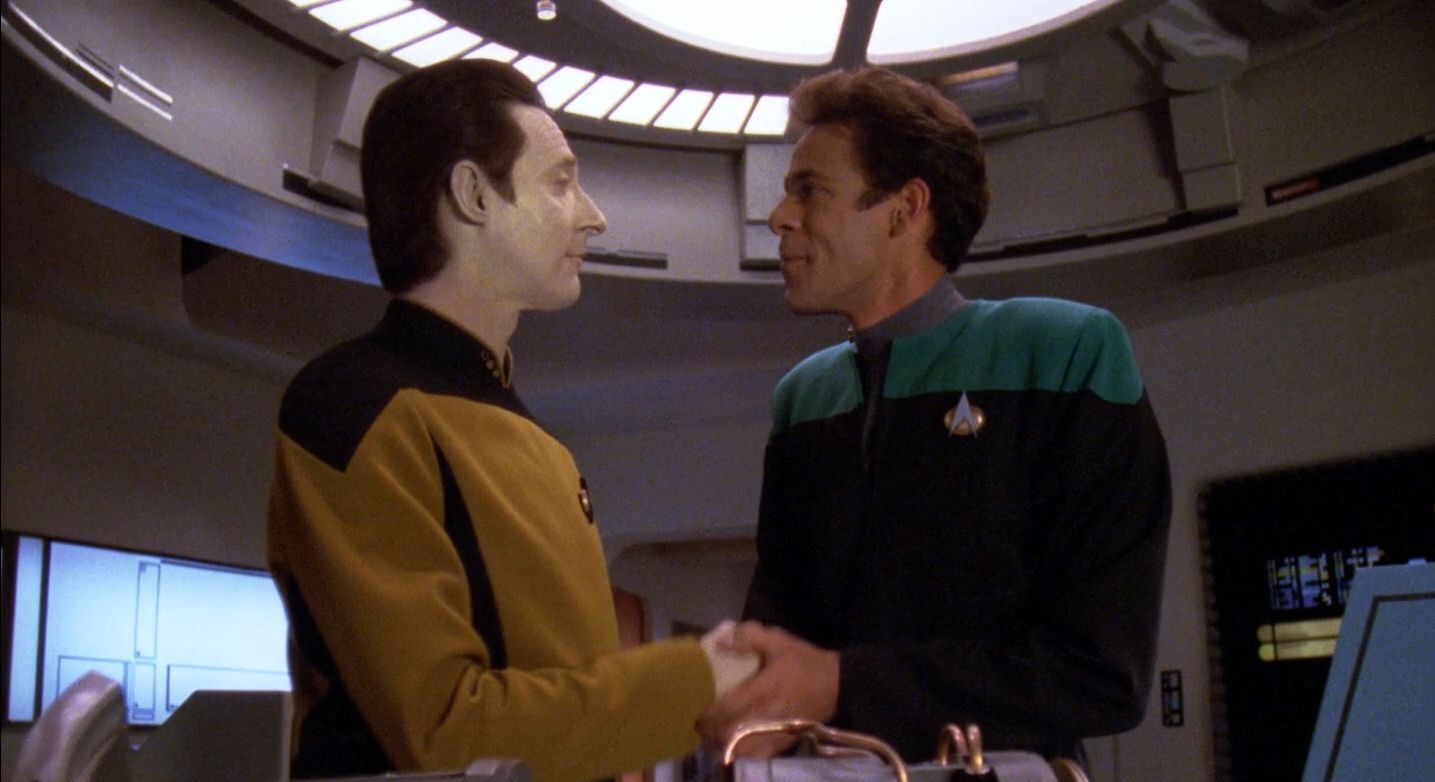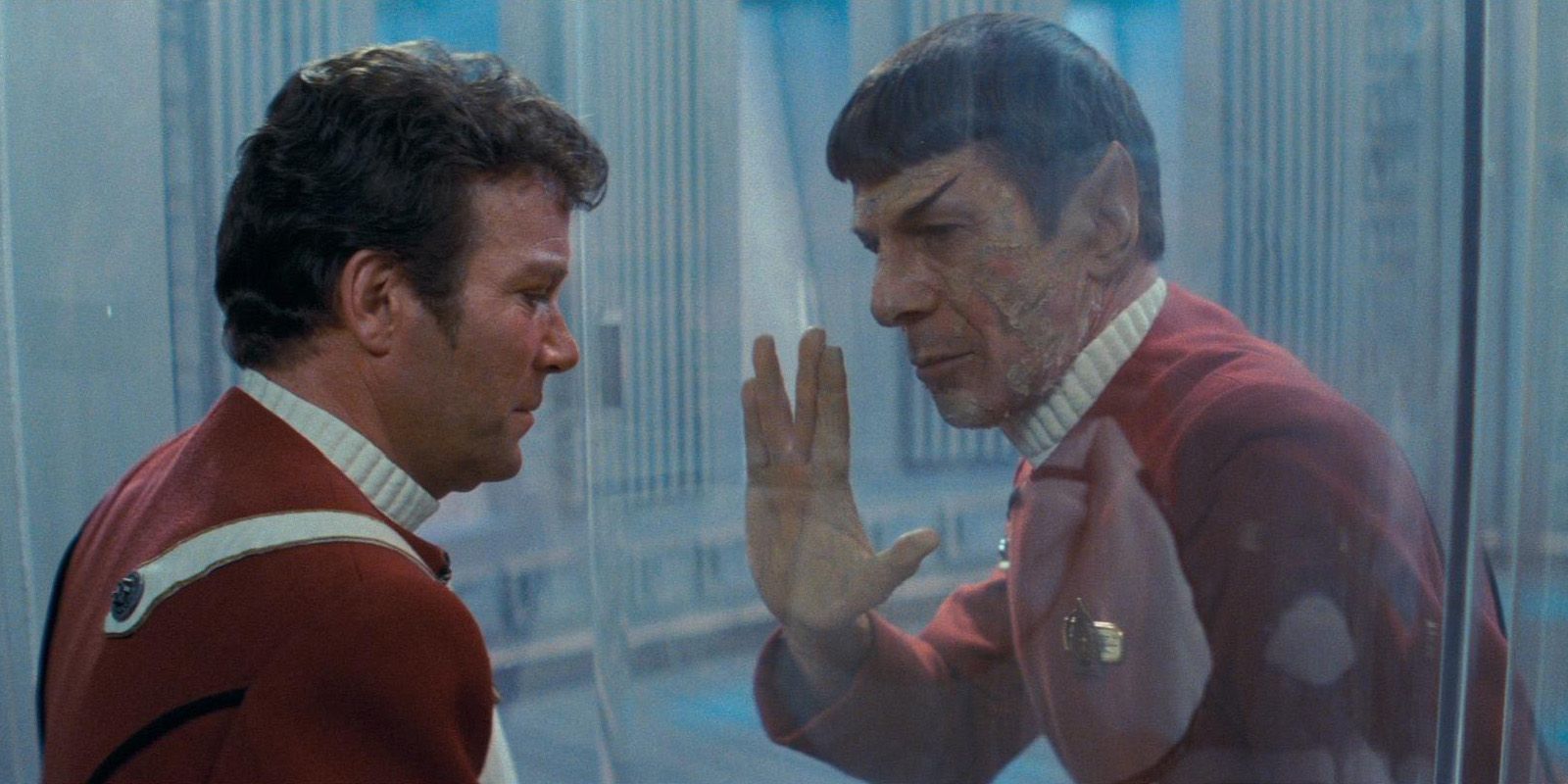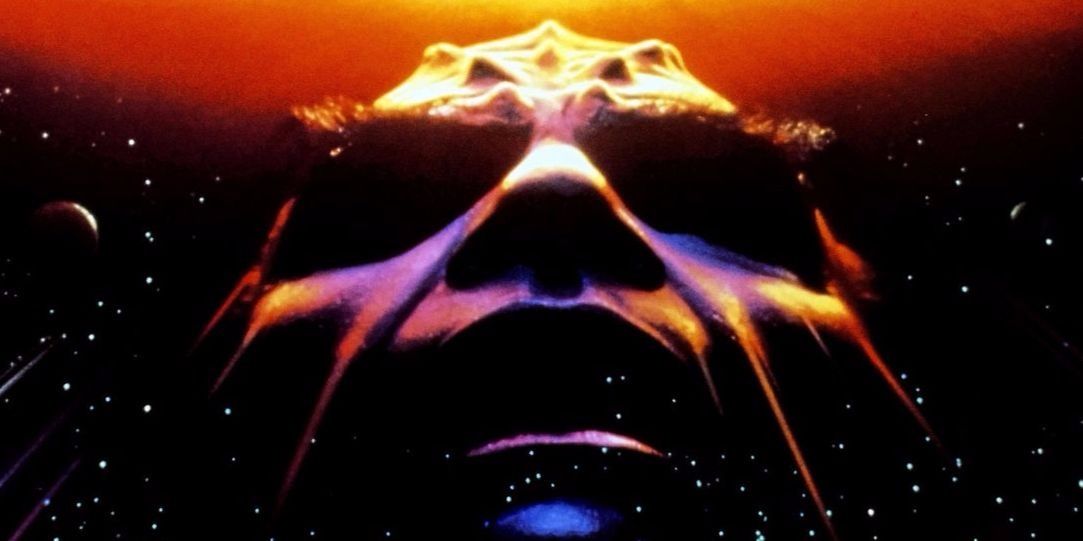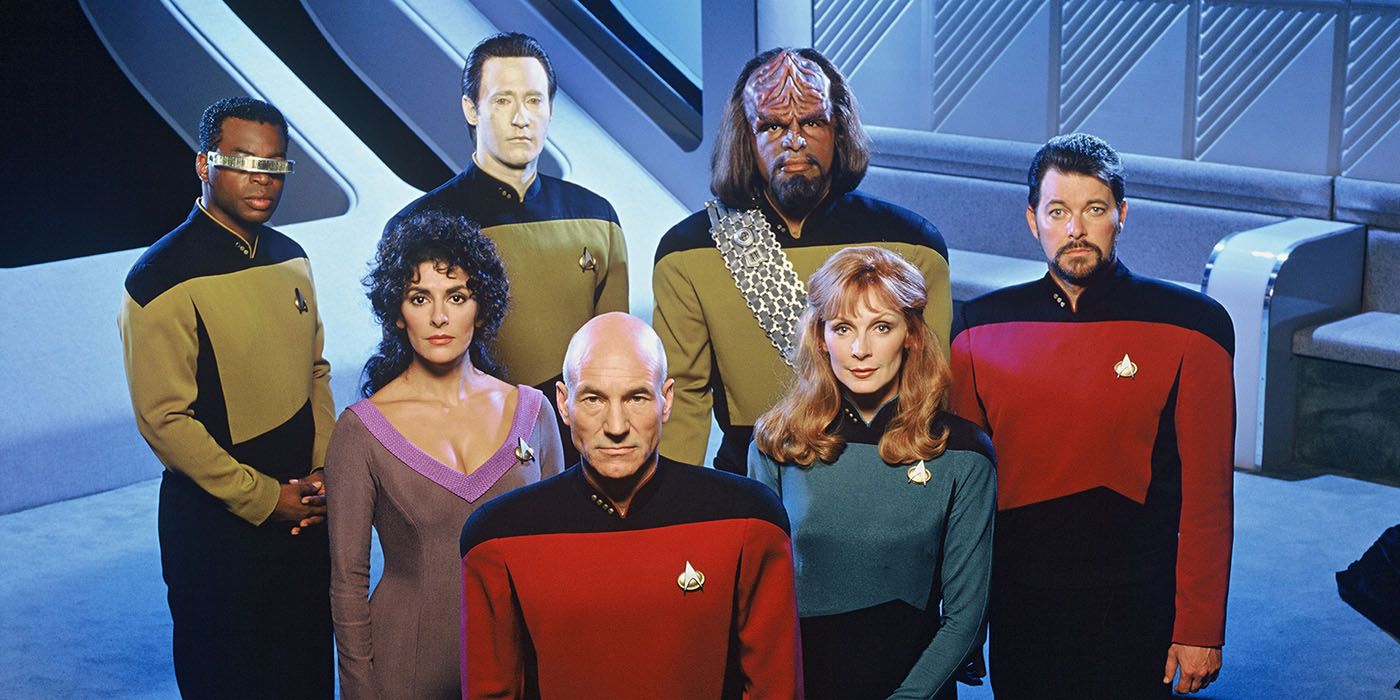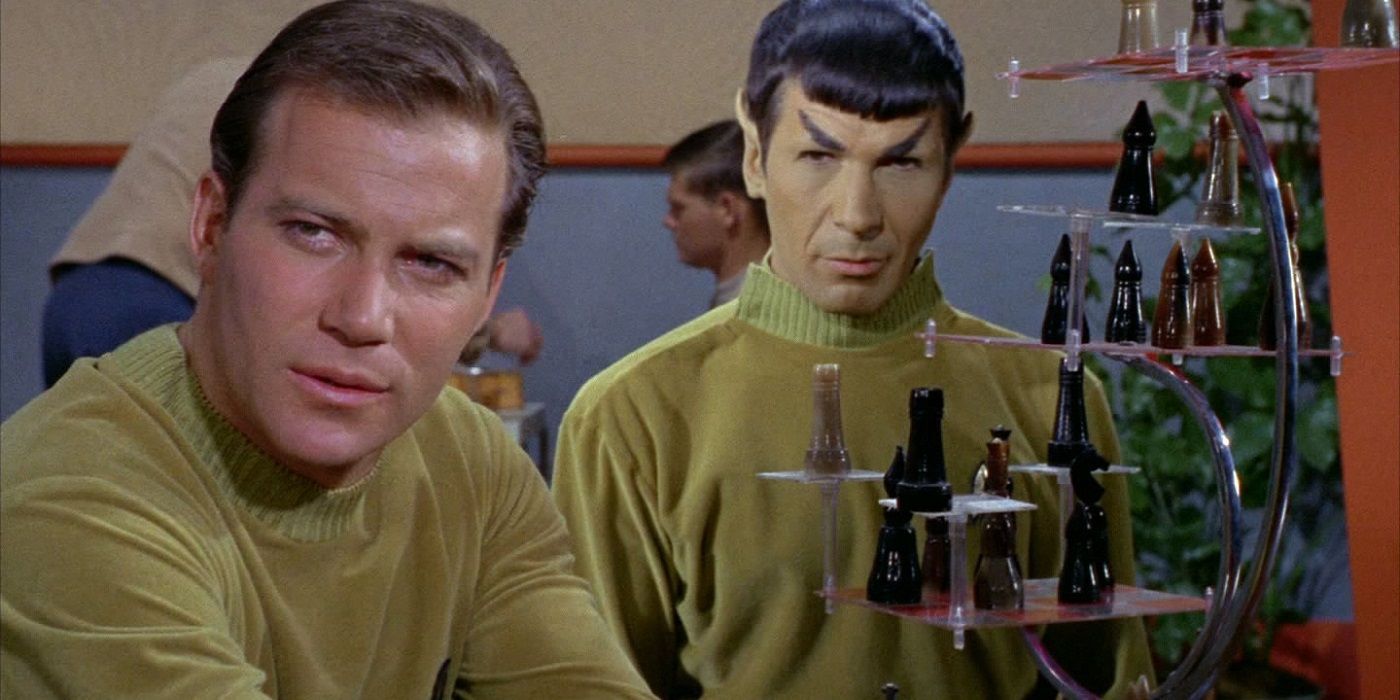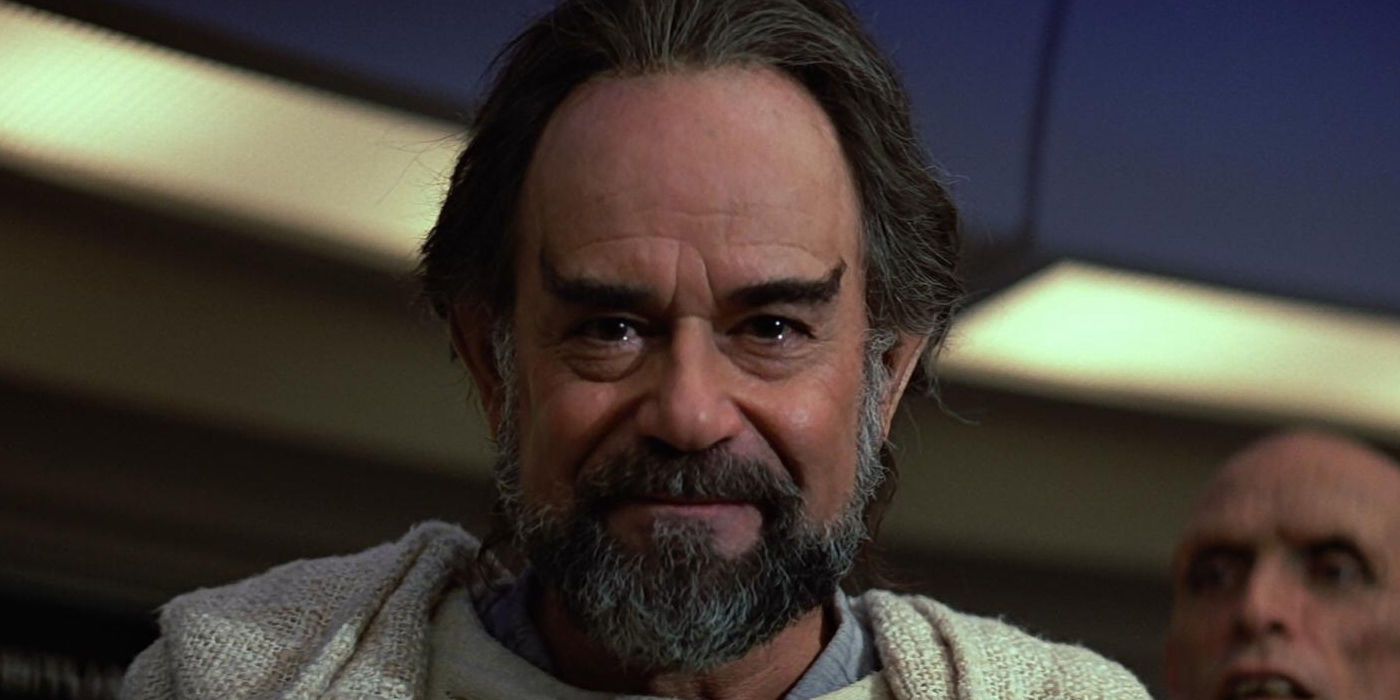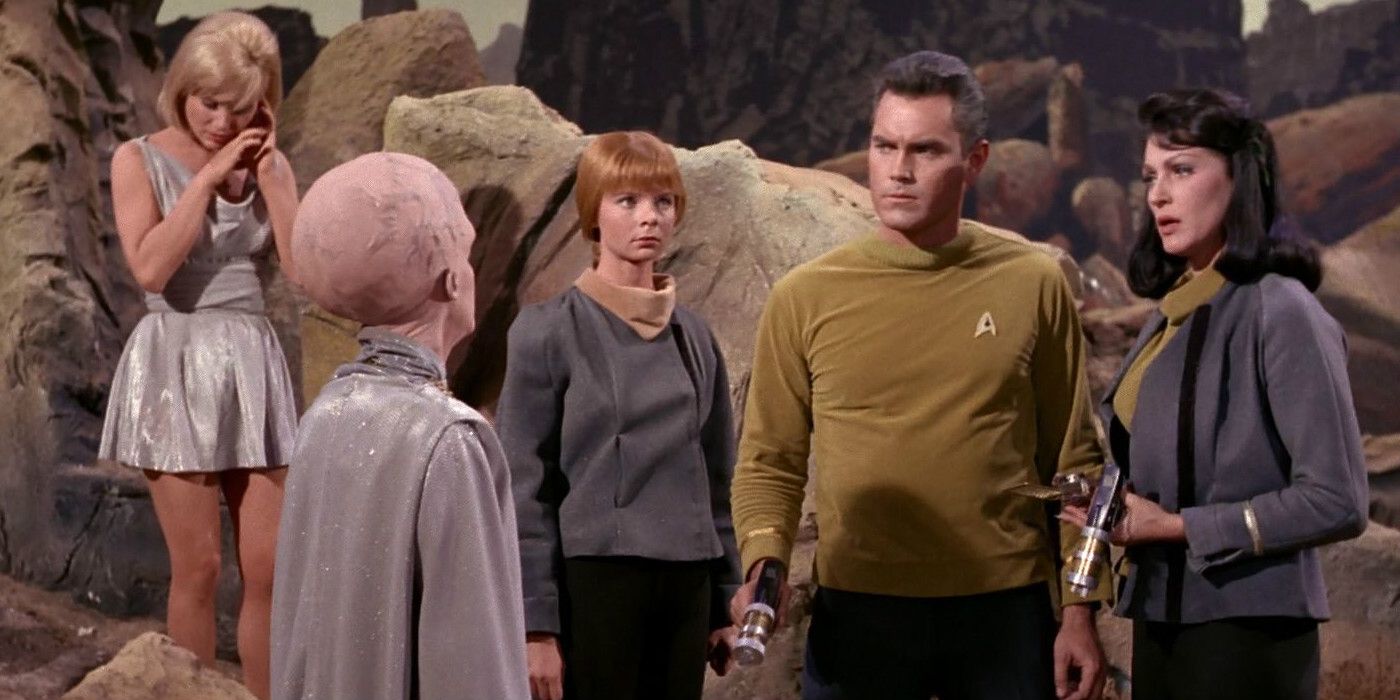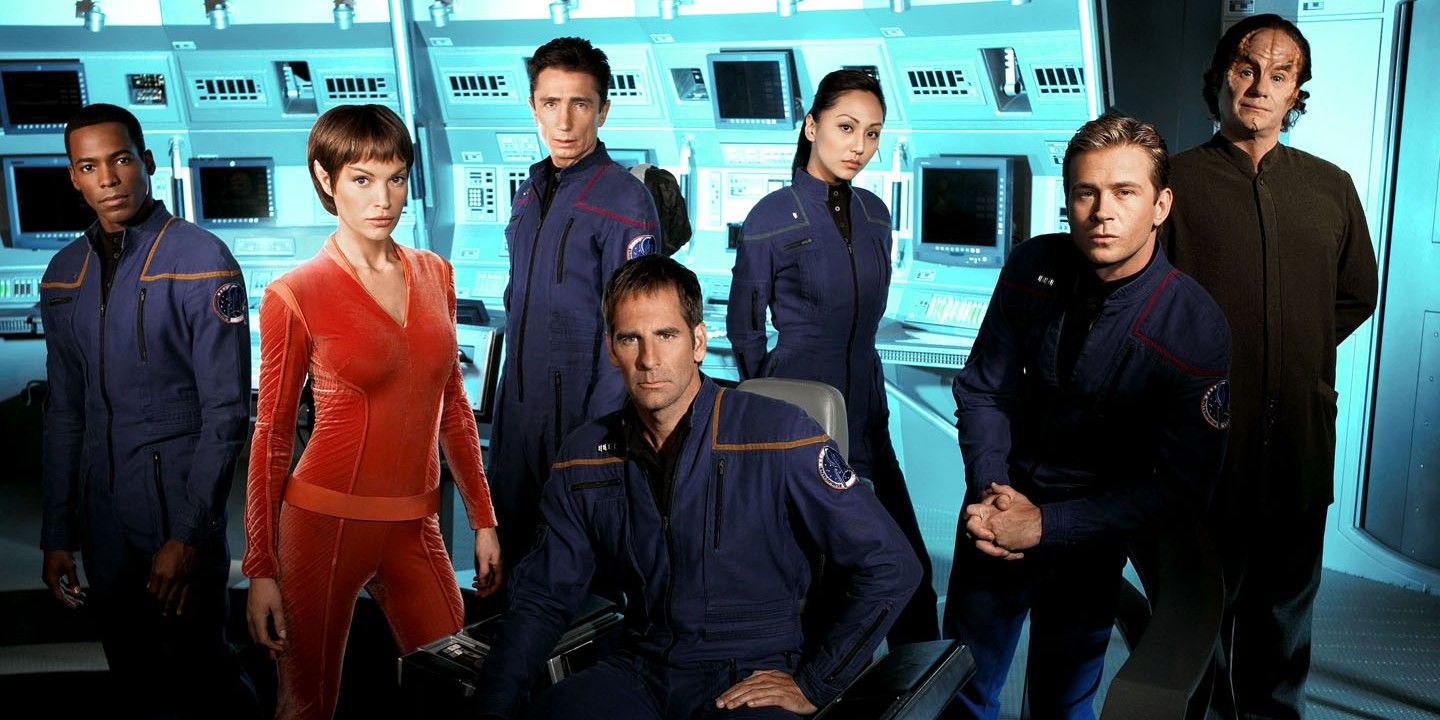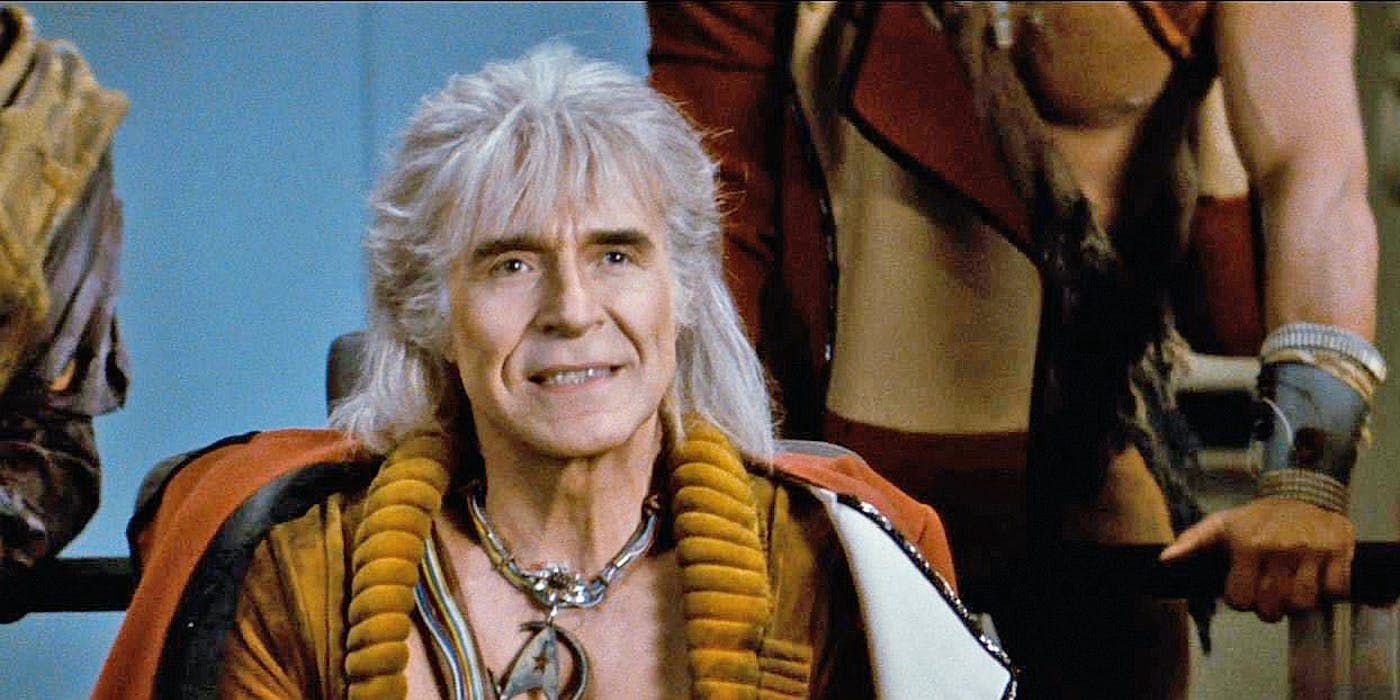It is simply impossible to overstate the cultural significance of Star Trek. What started out as a five year voyage to "explore strange new worlds and boldly go where no man has gone before" has ended up being a pop culture mainstay for over fifty years.
When Gene Roddenberry first envisioned the world, he wanted a future that the current society could aspire to. A place where modern issues like racism, poverty, and conflicts between nations did not exist.
As a result, Star Trek broke new ground in television story telling with themes that still hold up to this day, despite less than stellar visual effects.
Its ever growing lore includes six television shows, twelve feature films, and countless video games, novels, and comic books. With Star Trek: Discovery getting ready for its second season, the franchise still sees no end in sight.
From the very beginning, each entry into the Star Trek universe has been fraught with production difficulties, sometimes resulting in last minute adjustments to the established plan. These can sometimes spell disaster for the project, but they can also end up with some surprising, unforeseen benefits.
To compile this list, each television show and movie was looked at to see what eleven o'clock changes were done and what affect they had on the final product. Not every piece of Star Trek fiction has been gold, and some of the reasons for that can be found here. Adversely, some of the series' most famous aspects were born from these stories.
Here are the 10 Last Minute Changes That Hurt Star Trek (And 10 That Saved It).
Hurt: Star Trek Beyond Filming Without A Completed Script
When Roberto Orci's original script for Star Trek: Beyond was rejected, the filming date was not pushed back to give the new writers time.
Because of this, Simon Pegg and Doug Jung had to rush in order to finish a new script, and production began without its completion.
In various interviews the actor and writer bemoans having to tweak scenes and dialogue the night before filming and having trouble communicating with Justin Lin.
This could be part of the reason for Star Trek: Beyond's somewhat underwhelming box office performance.
Beyond still manages to be one of the strongest Star Trek features, with it being the closest of the new trilogy to feel like an episode of the original series.
However, it is not without flaws that perhaps could have been remedied had the movie cooked a little longer in pre-production
Saved: Transporters Being Invented Because Of Budget Constraints
Necessity is the mother of invention, and this rings true with the famed transporters that characters use to instantly beam down to planets.
In Gene Rodenberry's original outline for the series, transport ships were meant to be used when the crew was exploring a new planet. Due to the minuscule budget of the show, the cost of filming a landing ship each week was outside the realm of possibility.
To remedy this, the legendary transporters were put into the series. Not only did it save money, but it also streamlined each episodes' plot so the conflict could be addressed almost immediately.
Watching a drop ship land each week would have been slow and monotonous, dragging down the whole show.
Hurt: Leonard Nimoy Opting Not To Direct Star Trek: Generations
Star Trek: Generations is easily one of the worst movies of the franchise, made all the more painful by it being Captain Kirk's final appearance to date.
The movie could have been much better, or even great, had Leonard Nimoy been at the helm.
The Spock actor was offered the chance to direct, but turned it down for two main reasons. First, his suggested changes to the movie were said to be impossible with the time they had left. Secondly, Spock's role was irrelevant and his dialogue could have been said by anybody.
So in the end, Nimoy had nothing to do with the movie and audiences got the lackluster, disappointing goodbye to the most famous captain of the Enterprise.
Saved: The Vulcan Salute
The Vulcan salute is such a staple of the series that even those who have never even caught a passing glimpse of the show on television will certainly know where the symbol is from. The symbol's history goes back further than the science fiction series, however.
Nimoy first saw the gesture as a child while attending an Orthodox Synagogue in Boston.
Leonard, who was the child of Ukrainian Jewish immigrants and fluent in Yiddish, brought the symbol into the Star Trek lore in the episode "Amok Time", wanting to expand Vulcan customs and traditions.
Nobody rejected the suggestion, and since then, the sign has become a staple of the Vulcan species and the series as a whole.
Hurt: The Original Series Being Moved To A Graveyard Time Slot
The original series was only brought back for a third season due to a vigorous fan campaign. While people were happy that the show was saved, NBC made two decisions that spelled doom for the cerebral series.
The show was first moved to a Friday night slot at ten, which was an extremely undesirable slot for its audience. Additionally, the already small budget was slashed even further, resulting in a notable drop in the season's overall quality.
Gene Rodenberry himself was furious at these changes, and reduced his own role in the series' production.
The show was officially cancelled in the middle of the third season, with audiences only getting to see three of what was supposed to be a five year voyage.
Saved: Q
Even The Next Generation's most passionate fans will admit the series had a rocky start. The stories were boring at best and borderline offensive at worst. The early episodes had one saving grace, however, and that was the omnipotent Q.
Q was initially meant to be introduced later in the series, but series creator, Gene Roddenberry, became adamant about including him in the first episode.
This has been speculated to be because Roddenberry intended the pilot to be one hour, but the studio insisted on a two hour long introductory episode. Q was put in to beef up the plot of "Encounter at Farpoint" and quickly became a highlight of the series.
TNG would eventually improve, and Q helped keep the show afloat until it did.
Hurt: Captain Archer's Back And Forth Personality
Star Trek: Enterprise is somewhat of a black sheep among the shows, but it still has its fans. It started off rocky, but had a stellar final season (with the exception of the finale). One negative aspect of the early episodes was Captain Archer's indecisiveness.
His general apprehension was intentional, as he was the first person exploring space to such an extent, but its execution was questionable in some places.
He sometimes made decisions that contradicted prior episodes, and this upset fans who were expecting a more Kirk-like presence.
None of this is Scott Bakula's fault, who did a fine job leading the show, and Archer did eventually come into his own by the end of the show's four season run.
Saved: Making The Motion Picture Instead of Phase II
Before the start of the long running movie series, there were plans to make another television show called Phase II. Scripts were being written, sets were being built, and all seemed on track.
Then, movies like Star Wars and Close Encounters of the Third Kind came along and showed Paramount that science fiction features could be massive box office successes. With this in mind, they canceled plans for the new show and opted to make a feature film.
The year 1979's Star Trek: The Motion Picture was met with mixed reception, but started a movie franchise that is still continuing this day, with only one soft reset in 2009.
Had Phase II come to fruition, there is no telling where the franchise would be today.
Hurt: The Second Season Finale
In the middle of TNG's run, the industry was hit by a writer's strike. The strike effected the show in several ways, most infamously in the second season finale.
The episode involved Commander Riker falling into a coma and reliving various memories of his time aboard the Enterprise. That's right, just two seasons deep there was already clips show.
A lack of writers called for desperate measures, and the move did not pay off. "Shades of Gray" is often considered one of the worst episodes of any Star Trek series.
Had the show up to that point been well received, a "best of" montage would have been barely tolerable. Considering that the show had yet to reach its peak, there were few good moments to relive.
Saved: Removing Gene Roddenberry As Producer
Gene Roddenberry created the world that millions of people have become fans of. With that being said, he eventually became something that held the franchise back.
Roddenberry had a pivotal role in Star Trek: The Motion Picture. His part in The Wrath of Khan's production was significantly reduced, and while it did not make as much money as the former, it is considered one of the best science fiction movies of all time.
He was also in charge of TNG's episodes, and various cast and crew members have said that his ideas were principle in the show's rough beginning.
Once he was given the boot, the show managed to become the series it is fondly remembered as today.
Hurt: Dr. Julian Bashir Becoming More Suave
On Deep Space Nine, Dr. Julian Bashir was the chief medical officer. His character was nerdy and hardly the modern definition of cool, but the writers tried to change that, much to the chagrin of fans and the actor himself.
The season five episode "Dr. Bashir, I Presume" drops a secret on the audience that the doctor was genetically modified as a child.
Alexander Siddig, the actor who plays the character, did not learn of this change until he was given the script for the episode. This revelation, along with several other changes, changed the fundamentals of his character.
The actor tried to sabotage the change by performing his lines poorly and without zest. According to him, it worked.
Saved: Making Spock's Demise Revocable
The Wrath of Khan, along with being an all time classic, remains in everybody's minds because it ends the life of Spock, one of television and cinema's most iconic characters.
Had things gone exactly as planned, though, this event would have been permanent.
Thankfully, a couple of factors caused Spock to return for future movies. One was that test audiences and rumors of his passing were met with negative responses. The second, and more important reason, is that Leonard Nimoy had such a positive experience with the movie that he ultimately wished to continue working with the franchise.
Had the ending of the film been set in stone, it may have held more emotional weight, but the series benefited as a whole for bringing Spock back in the next movie.
Hurt: Kirk Saving The Day In The Undiscovered Country, And Not Sulu
By the time the premiere Enterprise crew was in their last movie, Hikaru Sulu was finally commanding his own ship. George Takei still had a sizable role in the movie, but was denied an even more important, if small, function in the story by the film's star.
In his autobiography, the Japanese-American actor explains that the original script had Sulu discovering the weakness of the Klingon ship, ultimately saving the day.
William Shatner was opposed to this idea, arguing that Kirk would not need the assistance of another Captain.
Shatner's objection won out and it was Kirk who single handedly solved the conflict. It's not one hundred percent a negative thing, but the idea that accepting help from friends would have made Kirk weaker is a foolish thought.
Saved: Seven Of Nine in Voyager
Star Trek Voyager, like several other Star Trek shows and most shows in general, had a somewhat tumultuous start. One thing that eventually did help the show become the beloved series it is today was the introduction of Seven of Nine.
Seven of Nine was brought into the series at the start of the fourth season, after main cast member Kes was written out. The writers had decided that they needed a character to contrast with Janeway and give a unique viewpoint on humanity like Spock and Data on the previous series.
The move paid off and the character, portrayed by Jeri Ryan, became one of the most popular aspects of Voyager.
Had the cast change not occurred, there is no telling if Voyager would have lasted a full seven seasons.
Hurt: The Next Generation's Second Season Being Cut Down
A writers strike often takes no prisoners in television. Dramas, comedies, talk shows, and variety shows are all effected by the industry shake up in numerous ways.
For Star Trek: The Next Generation, the strike caused the show's second season to be cut down from twenty six episodes to twenty two.
The second season was not beloved, but shortening it was a further detriment to its quality.
In addition to the abysmal finally, the crew also resorted to using scripts from the never produced Phase II series, including a script for what became the original Star Trek: The Motion Picture.
The strike also impacted the end of the first season, but it was season two where the changes really showed and hurt the series as a whole.
Saved: Spock's Personality Changes Between The Pilots
TOS started with a pilot called "The Cage" that was initially rejected by the NBC, causing the second pilot "Where No Man Has Gone Before" to be made. The two episodes feature numerous changes, one of the biggest being the beloved Vulcan's personality.
In this episode, Spock is much more human and energetic than the reserved, logical man who viewers came to love.
He is still played by Leonard Nimoy and even has the honor of delivering the first lines of the entire franchise. When the second pilot was made, Spock's personality was changed to the one people know today.
It's difficult to say if the series would have become the phenomenon it was if the show had stayed like it did in "The Cage", but it is great that Spock was turned into who he is now.
Hurt: The Final Frontier's Budget Being Cut
Star Trek V: The Final Frontier stands out as a blight on the reputation of the franchise, but it could have been so much more had its original vision come to fruition.
Unfortunately, budget cuts and the Writer's Strike prevented the movie from reaching its full potential.
The Director, none other than William Shatner, had an entirely different plan for the movie's climax that involved extravagant special effects.
When the strike hit, however, the ending had to be changed entirely and toned down because the script was not complete. Despite this, Shatner was still confident in the movie until it finally was released and reality finally set in.
The movie was a bold project, and there are still hints of this in the film, but it was never fully realized.
Saved: Making "Where No Man Has Gone Before"
Television can be a nasty business where "second chance" is a rare phrase to hear. If a show does not make it in its first shot, it usually will never see the light of day.
By some miracle, however, Star Trek was given a second chance.
When the first pilot, "The Cage", was produced, NBC rejected it due to its lack of action and for being too complicated. Despite this, they still believed in the concept and commissioned another pilot to be produced.
This time, it was "Where No Man Has Gone Before", which ended up being the first episode to air.
Had NBC not ordered a second pilot, the whole franchise most likely would not exist.
Hurt: Enterprise's Finale
A series finale is a special thing for shows lucky enough to be granted one instead of being unceremoniously canceled. Star Trek: Enterprise was fortunate enough to have one, but it was hijacked by the cast of another show.
The episode "These are the Voyages..." details the signing of the United Federation of Planets. It's a fine idea to wrap up the prequel series, but it is told through the perspective of Commander Riker from TNG on a holodeck.
It is a disgusting turn that robs Enterprise of its own conclusion.
The move was done in attempt to boost ratings, but it ultimately ended up alienating fans of the series and hurting the entire show.
Saved: Khan
Perhaps one of the most famous episodes of Star Trek, "Space Seed" had a long gestation period before making it to the small screen.
Even right before it went into production, Roddenberry was tweaking elements of the script, most significantly with the episodes main antagonist, Khan Noonien Singh.
Originally, the character was a brutish viking whose main weapon was his brawn and not his brains. After Ricardo Montalban was cast, Roddenberry changed the character to being Indian and made him much more intelligent.
The episode and character were so impactful that the story was continued in the second feature film.
Khan is Montalban's most iconic character and one of cinema's most memorable villains, and all because of some last minute adjustments to his personality.
---
Can you think of any other last minute changes that either saved or hurt Star Trek? Sound off in the comments!

